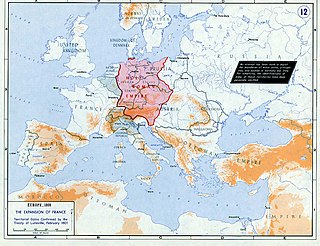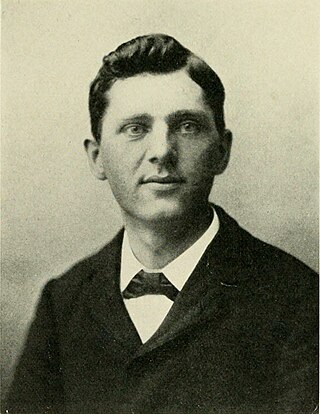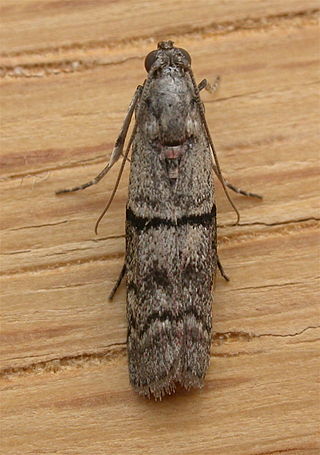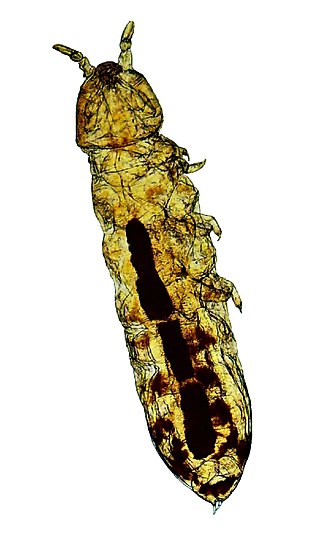
William Morris was an English textile designer, poet, artist, writer, and socialist activist associated with the British Arts and Crafts movement. He was a major contributor to the revival of traditional British textile arts and methods of production. His literary contributions helped to establish the modern fantasy genre, while he helped win acceptance of socialism in fin de siècle Great Britain.

The Treaty of Lunéville was signed in the Treaty House of Lunéville on 9 February 1801. The signatory parties were the French Republic and Emperor Francis II, who signed on his own behalf as ruler of the hereditary domains of the House of Austria and on behalf of the Holy Roman Empire. The signatories were Joseph Bonaparte and Count Ludwig von Cobenzl, the Austrian foreign minister. The treaty formally ended Austrian and Imperial participation in the War of the Second Coalition and the French Revolutionary Wars, as well as the Imperial Kingdom of Italy.

This is a list of local government areas (LGAs) in New South Wales, sorted by region. As of September 2024 there were 128 local government areas in New South Wales, there are 33 local government areas in Greater Sydney and 95 local government areas and 12 regions in Regional NSW. All councils are listed below in alphabetical order by region. There is also the Unincorporated Far West Region which is not part of any local government area, in the sparsely inhabited Far West, and Lord Howe Island, which is also unincorporated but self-governed by the Lord Howe Island Board.

In the Philippines, provinces are one of its primary political and administrative divisions. There are 82 provinces at present, which are further subdivided into component cities and municipalities. The local government units in the National Capital Region, as well as independent cities, are independent of any provincial government. Each province is governed by an elected legislature called the Sangguniang Panlalawigan and an elected governor.

Leon Frank Czolgosz was an American laborer and anarchist who assassinated United States President William McKinley on September 6, 1901, in Buffalo, New York. The president died on September 14 after his wound became infected. Caught in the act, Czolgosz was tried, convicted, and executed by the State of New York seven weeks later on October 29, 1901.

The Pan-American Exposition was a world's fair held in Buffalo, New York, United States, from May 1 through November 2, 1901. The fair occupied 350 acres (0.55 sq mi) of land on the western edge of what is now Delaware Park, extending from Delaware Avenue to Elmwood Avenue and northward to Great Arrow Avenue. It is remembered today primarily for being the location of the assassination of United States President William McKinley at the Temple of Music on September 6, 1901. The exposition was illuminated at night. Thomas A. Edison, Inc. filmed it during the day and a pan of it at night.

The 1901 Michigan Wolverines football team was an American football team that represented the University of Michigan in the Western Conference during the 1901 Western Conference football season. In their first year under head coach Fielding H. Yost, the team compiled a perfect 11–0 record, outscored its opponents by a combined total of 550 to 0, tied with Wisconsin for the Western Conference championship, and defeated Stanford by a 49 to 0 score in the inaugural Rose Bowl game, the first college bowl game ever played. Northwestern (8–2–1) had the best record of a Michigan opponent, however Michigan still managed to win 29–0. The 1901 team was the first of Yost's famed "Point-a-Minute" teams, so named for their high scoring offense. From 1901 to 1905, Yost's Michigan teams compiled a record of 55–1–1 and outscored their opponents by a combined score of 2,821 to 42.
The 1901 major league baseball season was contested from April 18 through October 6, 1901. It was the inaugural major league season for the American League (AL), with the Chicago White Stockings finishing first in league standings. In the National League (NL), in operation since 1876, the Pittsburgh Pirates finished atop the league standings. There was no postseason.

Plagiorchiida is a large order of trematodes, synonymous to Echinostomida. They belong to the Digenea, a large subclass of flukes. This order contains relatively few significant parasites of humans.

The 1900–01 United States Senate elections were held on various dates in various states, coinciding with President William McKinley's re-election as well as the 1900 House of Representatives elections. As these U.S. Senate elections were prior to the ratification of the Seventeenth Amendment in 1913, senators were chosen by state legislatures. Senators were elected over a wide range of time throughout 1900 and 1901, and a seat may have been filled months late or remained vacant due to legislative deadlock. In these elections, terms were up for the senators in Class 2.

The Phycitini are a tribe of moths of the family Pyralidae.

The 1901 San Diego mayoral election was held on April 2, 1901, to elect the mayor for San Diego. Frank P. Frary was elected Mayor with a majority of the votes.

Onychiuridae is a family of Collembola. This family has 600 species in 51 genera.
The 1901 New South Wales state election was for 125 electoral districts, with each district returning one member. The election was conducted on the basis of a simple majority or first-past-the-post voting system. In this election, in 32 electorates the winning candidate received less than 50% of the votes, while 13 were uncontested. The average number of enrolled voters per electorate was 2,764, ranging from Wentworth (1,706) to Willoughby (4,854).
These are election results in 1901 to the United States House of Representatives:

The 1901 Massachusetts gubernatorial election was held on November 5, 1901. Incumbent Republican Governor W. Murray Crane was re-elected to a third term in office.

Onychiurini is a tribe within the family Onychiuridae, a group of springtails.













